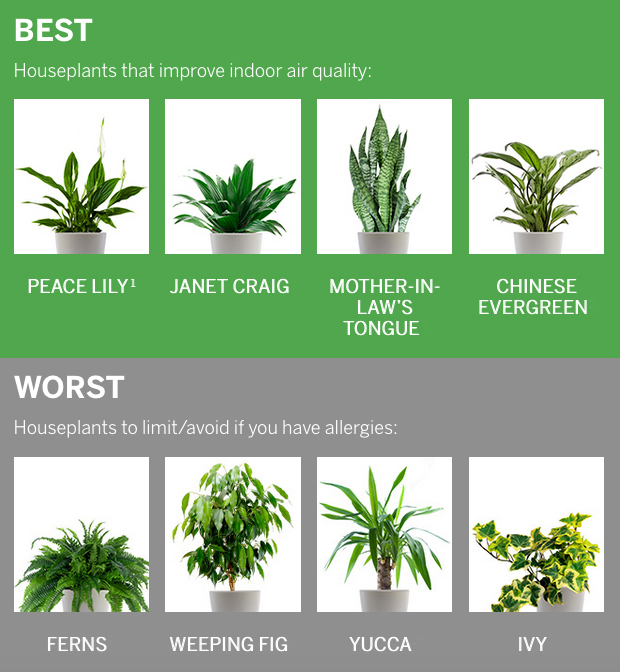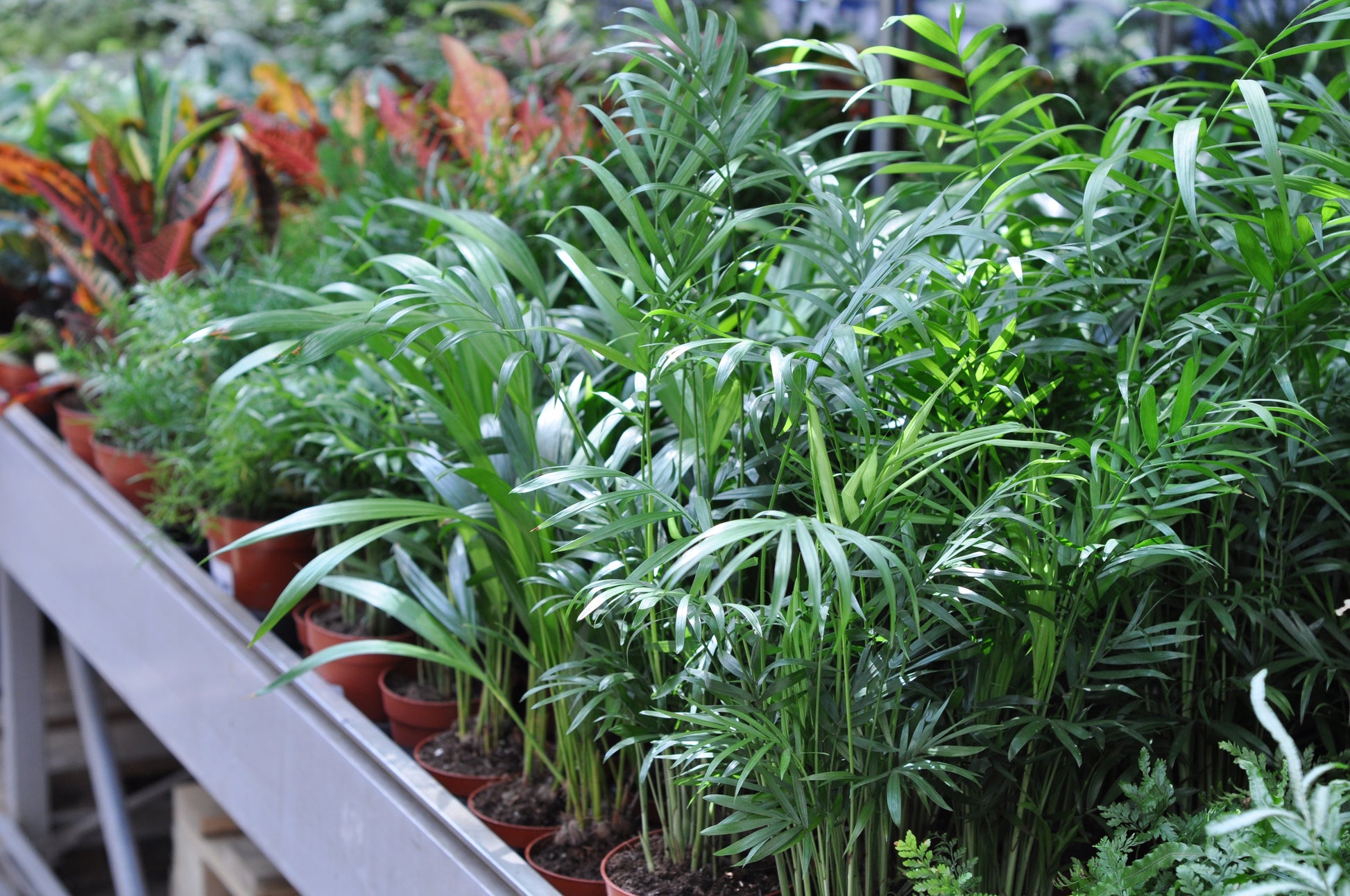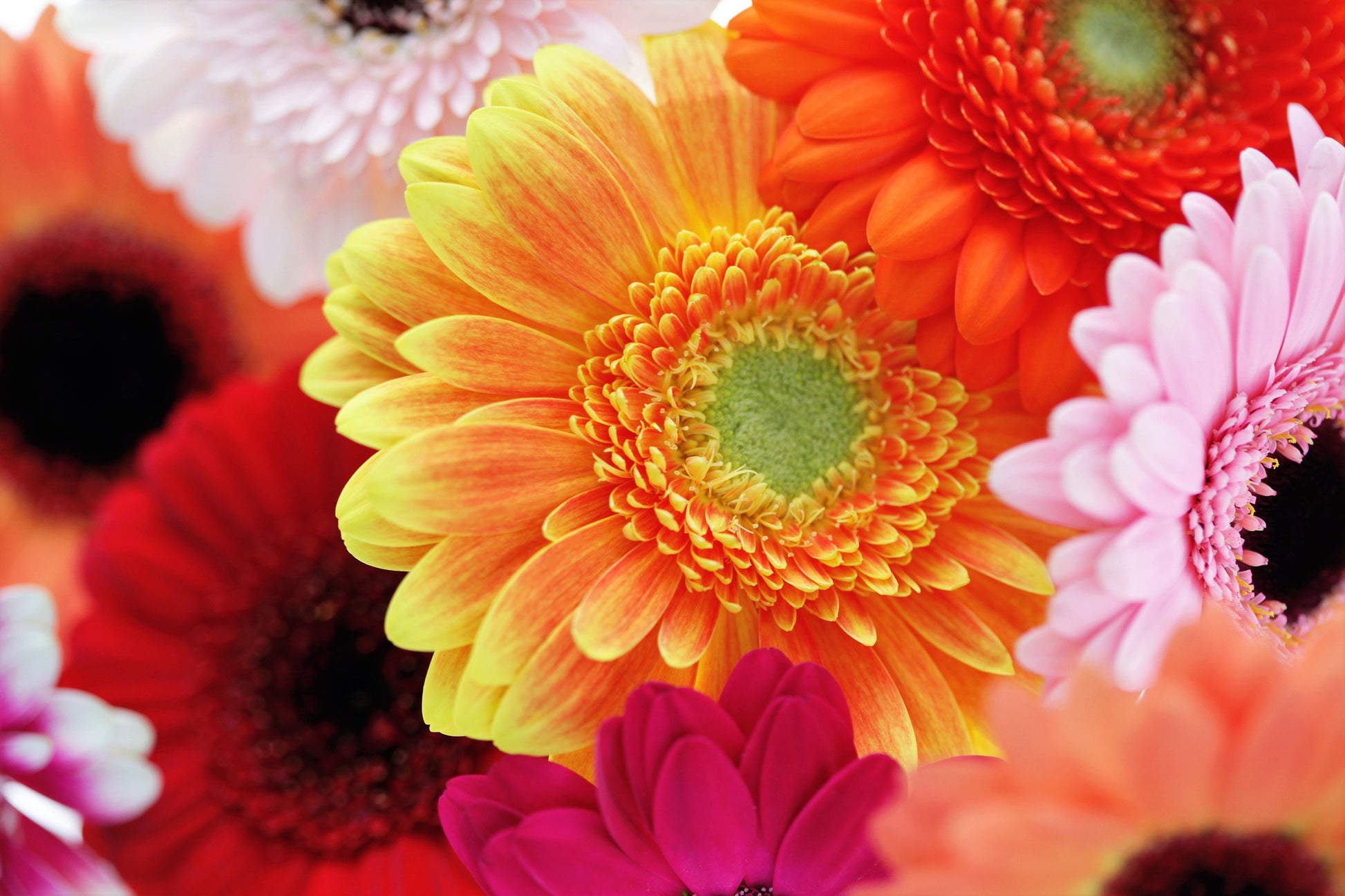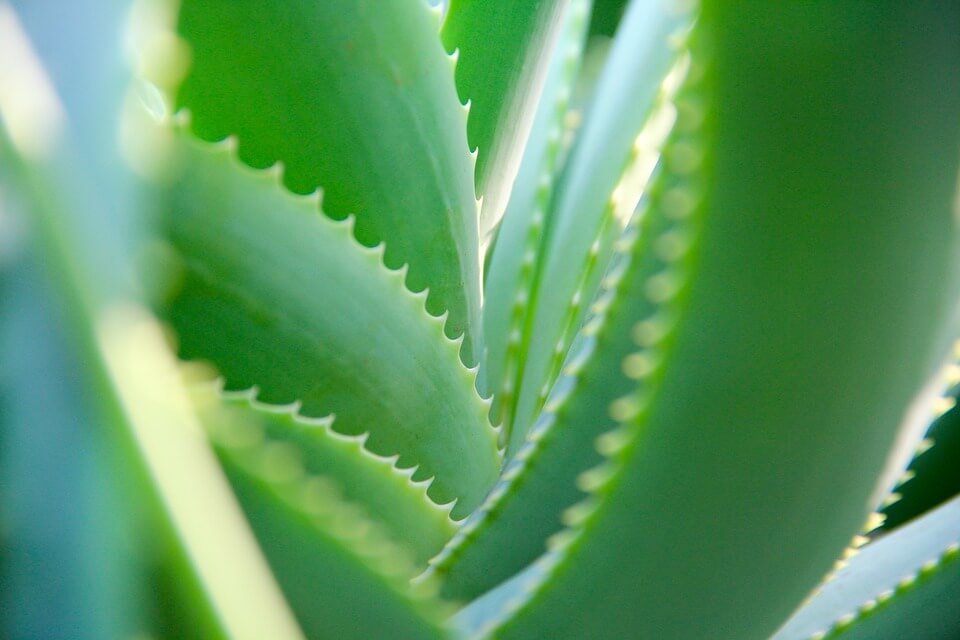Aug 14th 2024
Top 5 Allergy-Friendly Household Plants
Do you suffer from allergies, but still want to bring some greenery into your home? You're not the only one, there are millions of people who suffer from allergies caused by a number of things. Unfortunately, dogs and cats produce dander that makes many of those people react horribly. Believe it or not, certain household plants and technology such as AirRestore can actually help to reduce allergy symptoms and improve the air quality in your home.

Allergy-Friendly Household Plants
If you're wanting to incorporate appealing decorative live plants into your household, we've done our research to inform you about the top five allergy-friendly household vegetation to consider. Here are a few options to consider if you're looking to add some allergy-friendly plants to your home.
Snake plant (Sansevieria trifasciata)

This hardy plant is a great option for those with allergies, as it has been shown to help filter out pollutants such as benzene, formaldehyde, and trichloroethylene from the air. It's also relatively low-maintenance and can thrive in a variety of light conditions.
Bamboo palm (Chamaedorea seifrizii)

This tropical plant is another good option for those with allergies, as it has been shown to help filter out pollutants such as formaldehyde and xylene from the air. It's also relatively easy to care for and can thrive in low to medium-light conditions.
Gerbera daisy (Gerbera jamesonii)

These colorful flowers not only add a pop of color to your home, but they can also help to reduce allergy symptoms. Gerbera daisies have been shown to filter out pollutants such as benzene and trichloroethylene from the air, and they also release oxygen into the air, which can help to improve overall air quality.
Aloe vera (Aloe vera)

This succulent is not only known for its medicinal properties, but it can also help to improve air quality. Aloe vera plants have been shown to filter out pollutants such as benzene and formaldehyde from the air, and they are also relatively low-maintenance and can thrive in bright, indirect light.
English ivy (Hedera helix)
This climbing plant is not only a beautiful addition to your home, but it can also help to improve air quality. English ivy has been shown to filter out pollutants such as benzene, formaldehyde, and trichloroethylene from the air, and it can thrive in a variety of light conditions.
It's important to keep in mind that while these plants can help to reduce allergy symptoms and improve air quality, they are not a magic cure for allergies. The effectiveness of these plants can depend on a variety of factors, including the specific allergens and pollutants present in your home and your individual allergy symptoms. It's always a good idea to consult with your healthcare provider or allergist to determine the best course of treatment for your specific allergy symptoms.
Best Pet Allergy-Relieving Air Purifier
Overall, adding some allergy-friendly plants to your home can be a simple and natural way to improve air quality and reduce allergy symptoms. However, if you want the best remedy and relief for your allergies pair your plants with AirRestore! This pet air purifier recycles the natural healthy qualities found outdoors and gets rid of all the toxic air inside your home, so that you, your family, and your pets can breathe easier.
![]()

